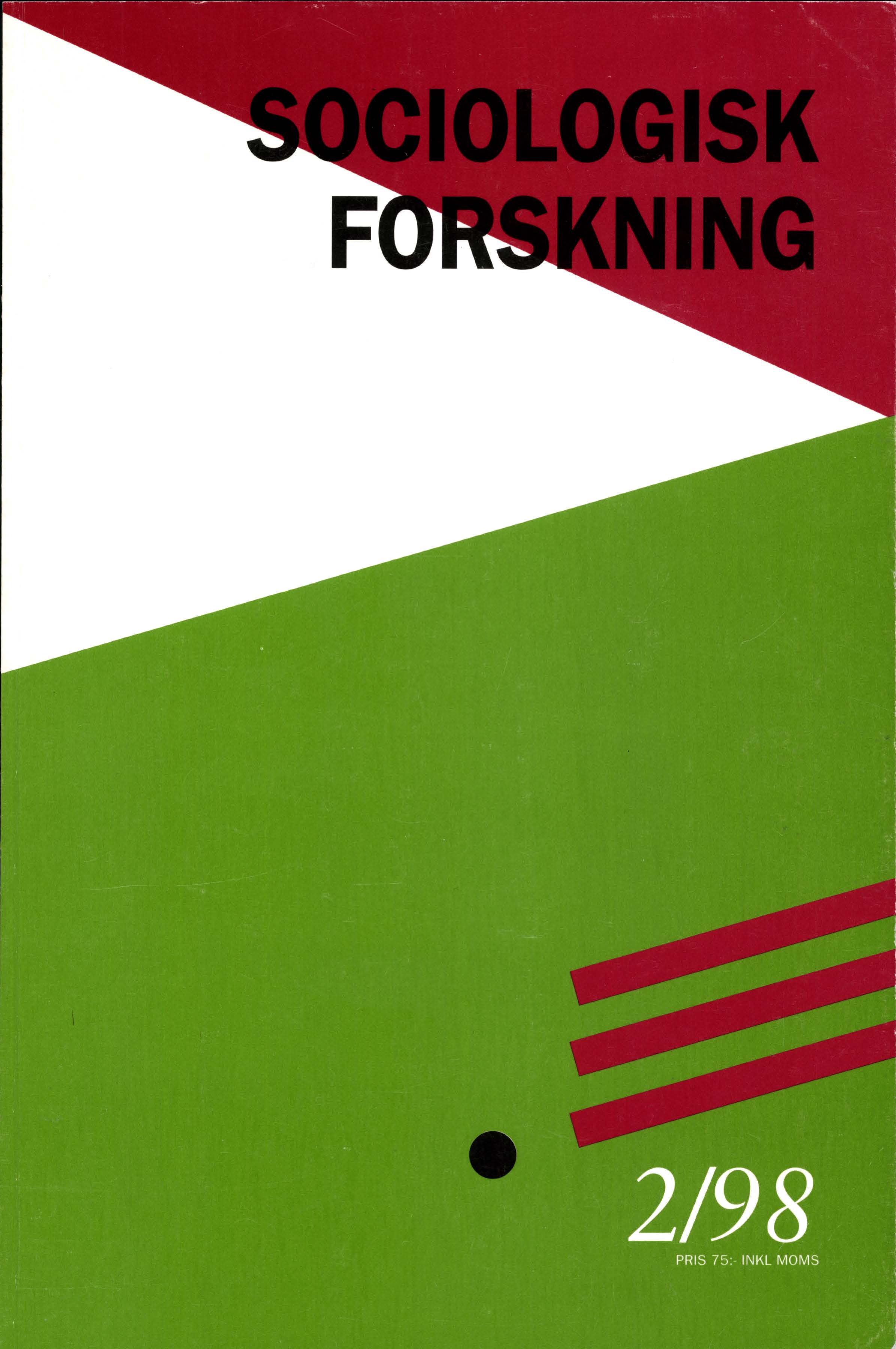Velferdsstatens problemlogikk i lys av en debatt om dysleksi
DOI:
https://doi.org/10.37062/sf.35.18507Abstract
The Scandinavian welfare state represents a dilemma between problem identification and normalization. In the article, this dilemma is discussed through the case of learning disabilities in reading and writing. This issue is debated both internationally and in Scandinavia. A tradition based in biology makes the concept of dyslexia essential. As opposed to this, a tradition based in the humanities stresses social conditions as the cause of the problems. In Sweden, a highly visible controversy between these positions has emerged since the 1980s onwards. The debate in Sweden between 1975 and 1995 is analysed through documents produced by the debate and through interviews with people involved in it. During the first part of the period, normalization reforms were implemented on all levels of the educational system. Towards the end of the eighties, this process was challenged by the ”dyslexia movement” calling for a restoration of a special educational programme to which students are assigned on the basis of diagnoses. In analysing this development, a strong tendency to support the ”dyslexia movement” appears very clearly among both parents, grown-up clients, the educational system and the welfare state itself. The final conclusion identifies an inherent logic in the welfare state that structures the possibilities for developing permanent normalization practices.
Downloads
Published
How to Cite
Issue
Section
License
All content in Sociologisk Forskning is published with immediate open access, under the Creative Commons license CC BY-NC-ND 4.0.
All content may be read, downloaded, shared and printed for non-commercial purposes, free and without fees. Contents may not be altered. When content is reused, author, source and a link to the copyright licence must be provided. The author retains copyright to their content. No publication fees are charged.





